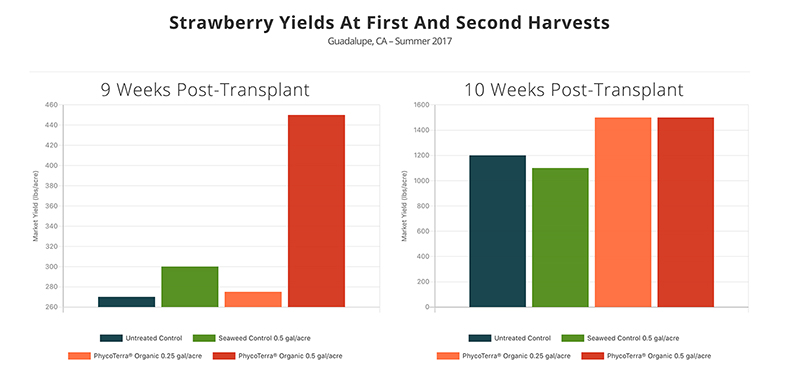Findings From The Ag Innovation Conference
An agricultural innovation conference held last fall in Salinas, CA, featured some new and visionary ideas about agriculture in the Salinas Valley. The valley is known worldwide as the leading fresh vegetable producing district, but the industry is facing a number of issues, including food safety and farm labor availability. New ideas such as buy local and food miles could, at some point, affect the demand for vegetable crops that are now grown in the area and shipped all over the country.
The objective of the conference was to present some different thoughts on agriculture that could be viable in the Salinas Valley. The keynote speaker was Dr. Henry Daniell, professor and trustee chair at the University of Central Florida. Dr. Daniell has genetically modified lettuce to produce insulin. Insulin capsules developed using the lettuce have successfully treated diabetes in mice.
Human trials have not yet taken place but, if successful, could free the millions of people who have diabetes from daily injections and raise the value of the valley’s major crop. The possibility of growing genetically modified crops in the valley, however, is questionable because of grower concerns about consumer perceptions regarding any genetically modified vegetable crops.
Agrotourism, the development of a wine corridor, and sustainable and biorenewable product opportunities in the area were program features. Workforce development and new and emerging technology for the local industry were also highlighted on the program.
Proposed New Center
In addition, the need for a local agricultural technology center was presented. Such a center would include laboratory space and facilities for researchers studying new crops, new uses for crops, food safety, and a myriad of other issues that could create new ag-based industries and jobs in the area. Although there is a USDA Agricultural Research Service Station with a number of researchers in Salinas and a strong University of California Cooperative Extension Service office in the area, the proposed ag technology center would be industry driven.
In the past, two studies were commissioned by Monterey County to look at the concept of an ag technology center. The last study, which I was involved in, said that a center would act as an “insurance policy for future growth and profitability.” At this time, however, there seems to be little interest by local industry in such a facility.
Promoting Agribusiness
On a positive note, local colleges are developing their agricultural programs. Hartnell Community College, a sponsor of the conference with the financial support of the local agricultural industry, is adding new programs in the areas of food safety, pest management, postharvest technology, and precision agriculture. In June 2008, the college expects to break ground on a 40,000-square-foot facility with labs, classrooms, and shops. California State University-Monterey Bay now offers an agribusiness management program in conjunction with Hartnell College.
The effect of a summit such as this is not measurable in the short term, so it is not possible to suggest an outcome at this time. In a few years, however, any effects will be apparent.









